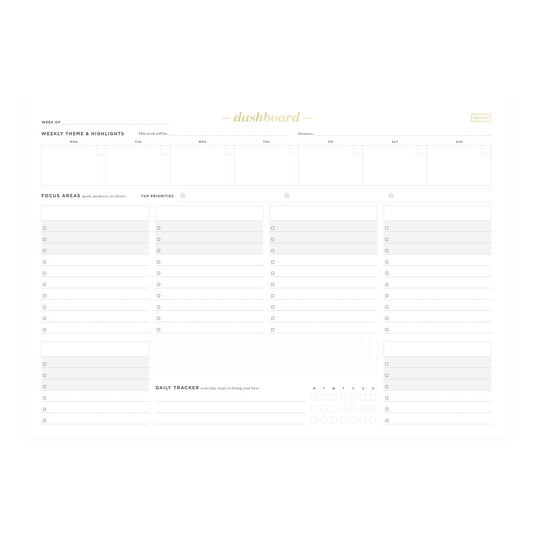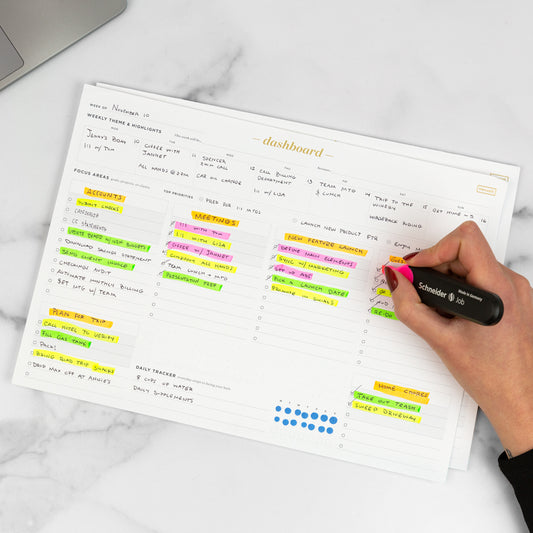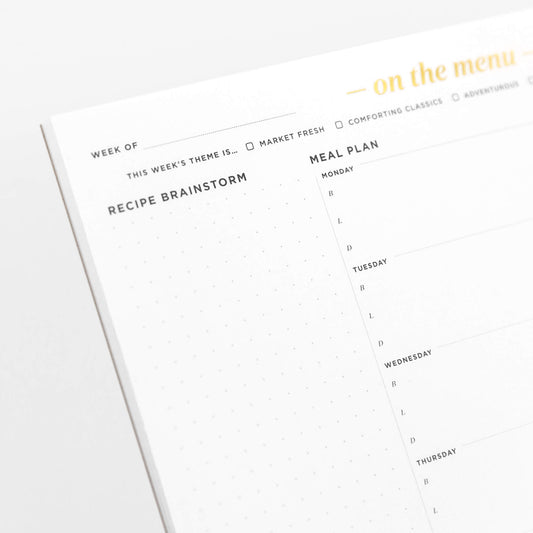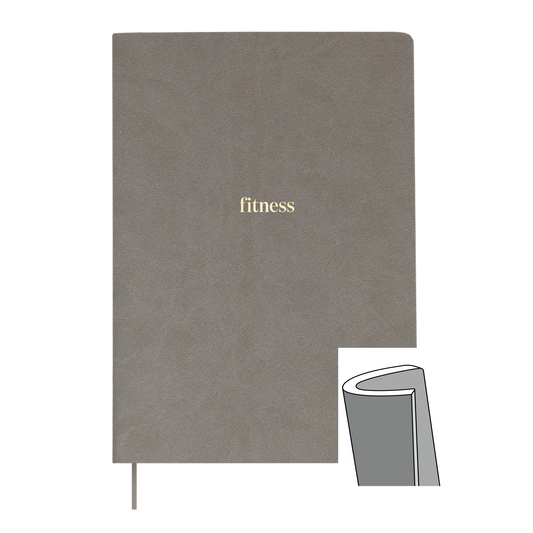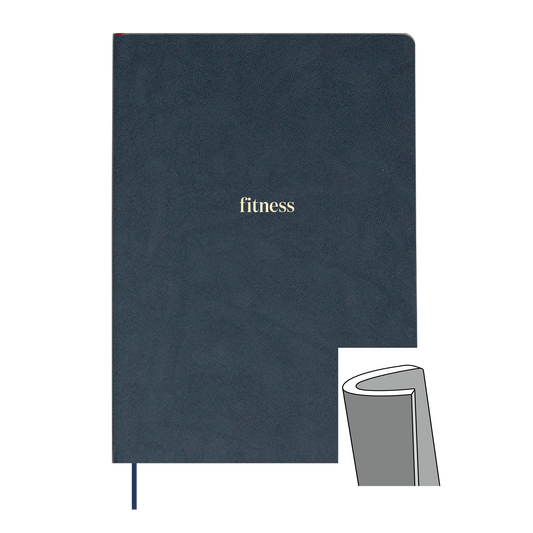Colder, darker months can be the perfect time to work on your routines.
Routines often take a backseat during winter. Shorter days and colder weather can create a cozier vibe that makes it difficult to keep up with the schedules that rule our lives in the warmer months, but it can also lead to a funk that’s hard to shake.
Maybe you experience seasonal affective disorder (SAD), a type of depression that generally occurs during the winter, or perhaps it’s just a little more difficult to find a good work mode (we’re all probably a little guilty of that!) While it can be a difficult time, winter can also be full of opportunity, especially to focus on yourself.
With the seasons priorities change, and that’s a good thing to embrace! If this winter you want to find healthy self care routines that are equal parts cozy and healthy, you’ve landed in the right place. These six tips will help you feel your best while also prioritizing the mood shift.
1. Do a daily check-in
Time seems to move differently in the winter. When 5 o’clock darkness hits, it feels like it’s time to pack up for the day. This can sink motivation, leave tasks on the to-do list lingering, and then a sense of panic to get it all done. Luckily, time management is a form of self-care, and there are a few simple ways to get back on track.
First, consider a daily check-in and reassess priorities. The Ink+Volt Priority Pad, based on the Eisenhower Matrix, offers a quick visual with 4 quadrants beautifully laid out in a smart grid. The goal of the pad is to help you determine which tasks are most important and which ones can either be delegated or removed from your list altogether. Busy schedules can happen in every season, of course, but when you find yourself scrunched for time, it’s best to spend a few minutes making a plan that works.
Why does this simple method work? It’s built to make sure you’re optimizing your time and effort – both of which can be in short supply this time of year.
2. Schedule exercise
“Just not feeling it” isn’t just an easy excuse when it’s cold and dreary and the pile of blankets on the couch is calling your name — it’s a longing to feel cozy and warm. But the benefits of regular exercise are even more helpful during the winter. Between mood boosting endorphins and the energy that results from just 30 minutes of exercise, you’re bound to feel a bit better about things, even if the world around you feels a bit drab.
Because it’s so easy to opt out, set a specific time for your workouts. Think of this as an appointment with yourself that you can’t miss. Self-care isn’t just about gentle, comfortable routines. Sometimes it’s difficult, but the outcomes are well worth the effort.
3. Call a friend
Winter can be an isolating time. Plans get canceled, traveling becomes more difficult, energy levels sink. Staying connected just doesn’t seem as easy. Making time to reach out to a close friend or family member can make the season feel a little less lonely.
While it might not solve all of the challenges that come with winter, socializing – even if not in person – helps keep friendships strong and a check-in can be just the thing you need. If you need it, set a reminder. You and your loved ones will be glad you did.
4. Remember to hydrate
Coffee, tea, hot cocoa. These are the drinks that fill us up in the winter time, but they aren’t necessarily the best for hydrating. Winter months can make it difficult, especially when we aren’t outside where hot weather constantly reminds us to keep sipping.
“Even minor dehydration – the level at which people begin to feel thirsty – is linked to difficulty concentrating, poor memory and bad moods,” the American Heart Association explains. “And studies have shown people who chronically consume a low amount of water seem to be at higher risk of developing chronic kidney disease, kidney stones and urinary tract infections.”
To prevent that, remember to be mindful about your water intake. Set a reminder on your phone, aim to drink one full glass after waking, and keep a water bottle with you. While it doesn’t seem like much, this routine can boost your mood and protect your health.
5. Make time for meal prep
‘Tis the season for hardy meals and spending time in the kitchen, but when you’re feeling down or tired, delivery can be more appealing. Winter is a good time to really hone in on your cooking skills and meal prepping can ensure you’re eating balanced meals and committing to a little nourishment throughout the week.
Sounds hard? It doesn’t have to be, especially when you have the right tools! The Ink+Volt Meal Planning Pad was designed specifically to assist you when you're busy or need a little extra focus on meal prepping. Think through each day with a mini calendar, make a grocery list, and even brainstorm your next kitchen creation.
6. Practice good sleep hygiene
If you feel like your sleep schedule is a bit off in the winter, you’re not alone. Thanks to a shift in light and routine, people can experience insomnia and sleep disruptions, while others might feel more general tiredness.
“The biggest mistake that people make when it comes to sleeping in winter is ignoring their body’s natural rhythm. Even if you’re tempted to stay in bed or on the couch all day long, unless you are sick it’s a good idea to get up and move around,” suggests Emerson M. Wickwire, assistant professor at Johns Hopkins School of Medicine.
Try to find natural light during the day, keep up an exercise routine, and avoid shifting your sleep schedule.
Written by Kara Mason


